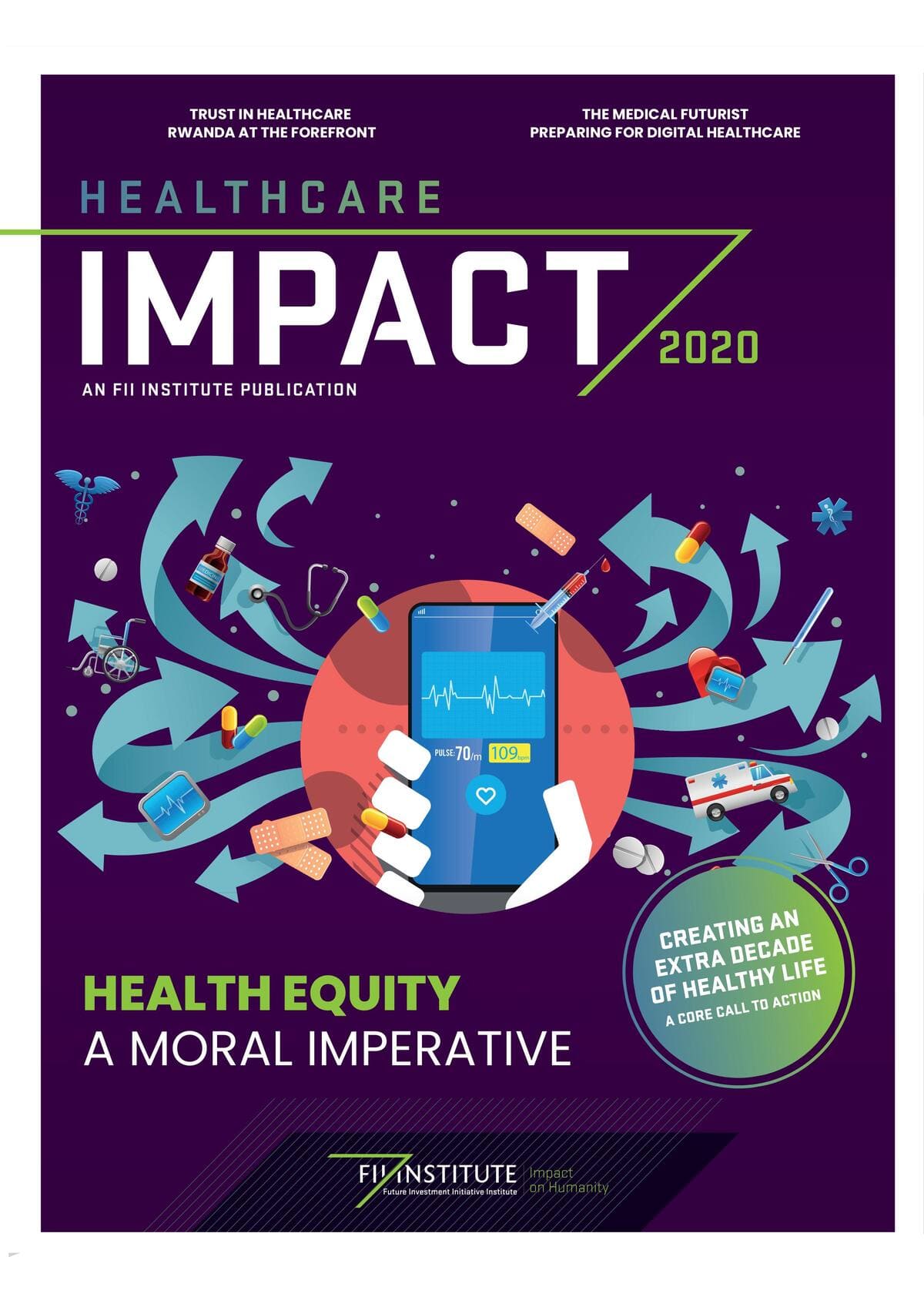
As technology improves and costs fall, robots are becoming more prevalent, especially in Asia. The sector is set for huge growth, but global attitudes towards automation still vary considerably.
“FII Institute publishes its fifth impact report as we enter a golden age for innovation in robotics. In the mid20th century, many scientists and writers envisioned the 2020s as full of highly intelligent robots of all shapes and sizes. While this might not have happened quite as imagined, things are now changing fast. Technology is rapidly becoming better and more affordable, enabling companies around the world to produce increasingly intelligent and useful machines. The reality is, we need them. In this report, we highlight how robotics can help us overcome some major global challenges. For example, autonomous farming robots are making agriculture more efficient and sustainable as we rethink food production. Drones can now tackle deforestation and deliver valuable medical supplies to remote areas. And in hospitals, ultra-precise robots are enabling better surgical outcomes. This report features innovators and researchers worldwide at the heart of this robotics revolution. They share a consensus on three key areas: If we are to truly benefit from these incredible technologies, they must be affordable and accessible to all; robots create more jobs than they replace; and while we cannot overlook the impact of increased automation on workforces, humans and robots can work together to the advantage of both people and planet.”
– Richard Attias CEO, FII Institute

